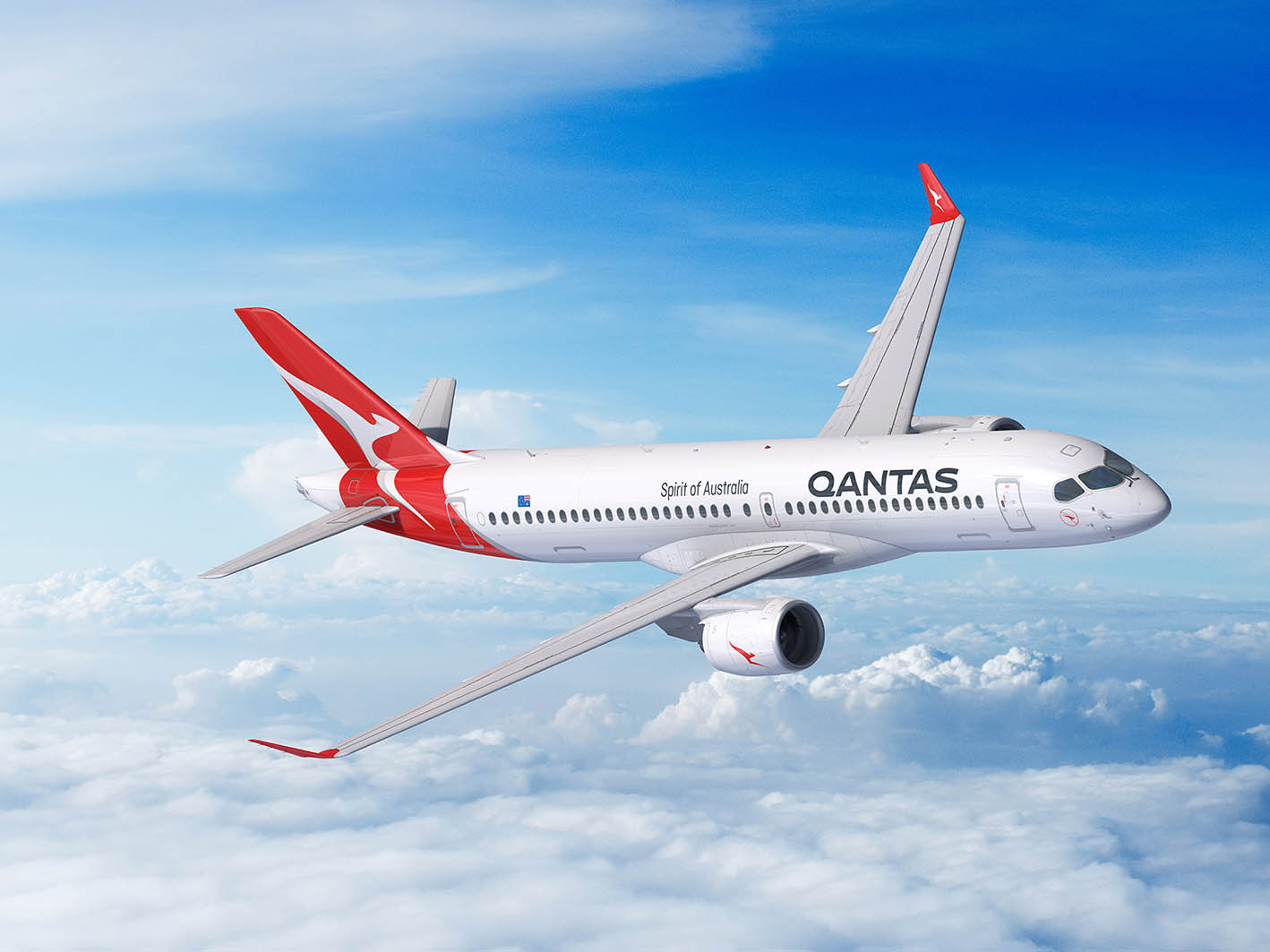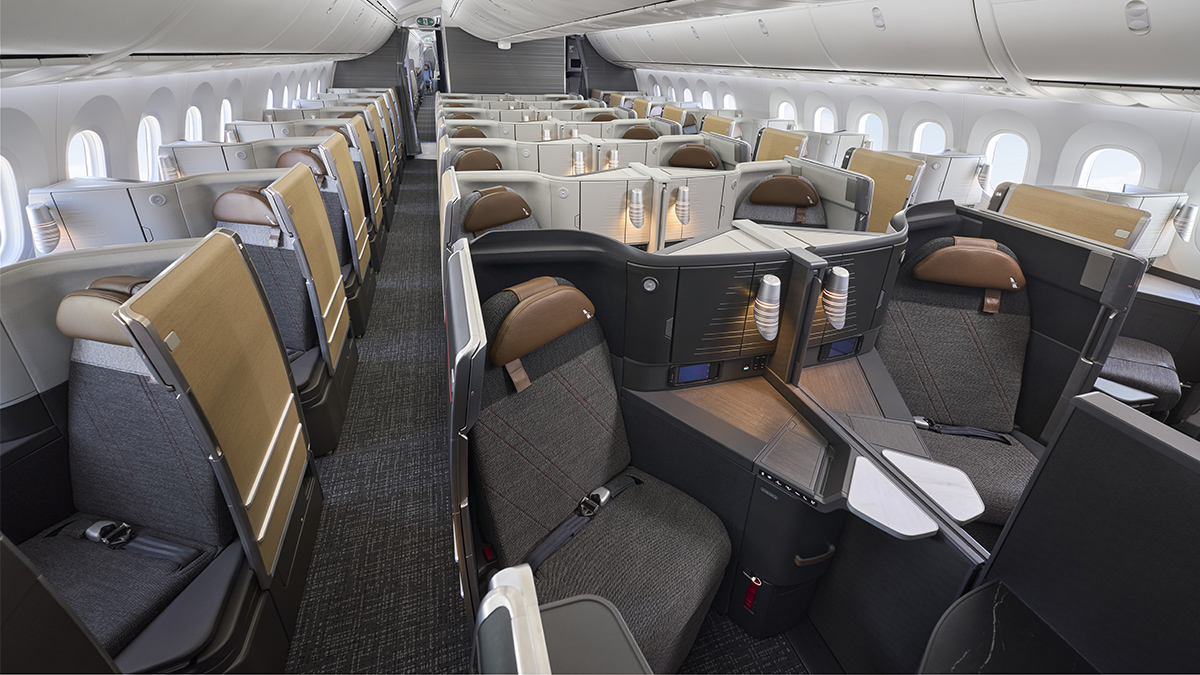Qantas Under Fire for Selling Tickets for Canceled Flights: Is This Common Practice?
Australian regulators alleged that the carrier was selling tickets for an average of two weeks after flights had been canceled
by Fergus Cole
September 13, 2023

Photo: Qantas, Airbus A220-300. Courtesy of Airbus.
Qantas has come under fire in recent weeks after being forced to apologize to its customers for selling tickets for thousands of flights that had already been canceled, following an investigation from Australian regulators that resulted in court action being filed against the airline.
According to the Australian Competition and Consumer Commission (ACCC), Qantas continued to advertise and sell tickets for over 8,000 already-canceled flights scheduled between May and July 2022. The regulator accused the Australian flag carrier of selling tickets for the non-existent flights for an average of two weeks—and up to 47 days in some cases—after they were known to be scrapped.
During the period of May and July 2022—a time when the Australian airline industry was only just recovering from nearly two years of heavy pandemic restrictions—Qantas canceled around 15,000 domestic and international flights, representing around a quarter of its entire flight schedule.
“We allege that Qantas’ conduct in continuing to sell tickets to canceled flights, and not updating ticketholders about canceled flights, left customers with less time to make alternative arrangements and may have led to them paying higher prices to fly at a particular time not knowing that flight had already been canceled,” said Gina Cass-Gottlieb, chair of the ACCC.
After initially defending itself against the allegations, claiming that its methods at a “time of unprecedented upheaval” were common practice in the airline industry, Qantas subsequently backtracked and issued an apology to its customers on September 4th.
“Understandably, these allegations have caused significant concern among our customers, our people and the general community,” the airline said in a statement. “We openly acknowledge that our service standards fell well short and we sincerely apologise.”
While the airline claimed selling tickets for already-canceled flights is a “process that is consistent with common practice at many other airlines,” there is little evidence to suggest that any other major airline has continued to advertise and sell tickets for flights after they have been canceled in the same manner that Qantas was alleged to have done. However, there is some truth to their statement.
What are phantom fares?
It is, in fact, fairly common for airlines across the world to sell so-called ‘phantom fares’ for flights that never even existed in the first place. While not a widespread practice, some major airlines, including British Airways, Alaska Airlines, and Etihad Airways, as well as a number of regional low-cost carriers, have been accused of doing this in the past by disgruntled passengers. The phenomenon became more common during the COVID-19 pandemic, when multiple airlines were found to be selling tickets on certain international routes even when they had suspended all international air travel.
These practices are not technically illegal but are an opportunity for airlines to collect more revenue from customers. This is because once any passenger realizes that their scheduled flight won’t be departing, they are more likely to try and source an alternative (and often more expensive) flight or credit refund through the airline instead of a cash refund. Some airlines have also claimed that selling tickets on non-existent flights is a way to gauge future demand and thus adjust their schedules and networks accordingly.
In the U.S., airlines are required to offer compensation to passengers affected by flight delays and cancellations, including offering to rebook them on alternative flights at no additional cost, providing meals or meal cash/vouchers to those waiting for more than three hours, and compensating for accommodation costs where necessary. The U.S. Department of Transportation (DOT) has recently created an online dashboard detailing which domestic airlines provide these services to its customers.
Similar regulations are in place in other parts of the world, too, including in the European Union, the UK, and Australia itself.
If found guilty of regulatory breaches by the ACCC, Qantas could face maximum penalties of either 10 million AUD ($6.43 million) for each breach, three times the total benefits claimed, or 10 percent of its annual turnover.




